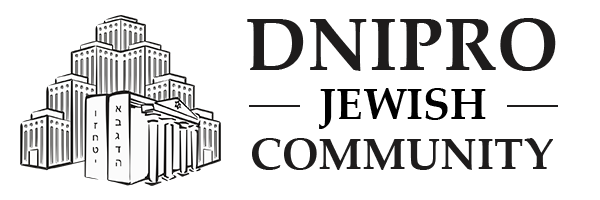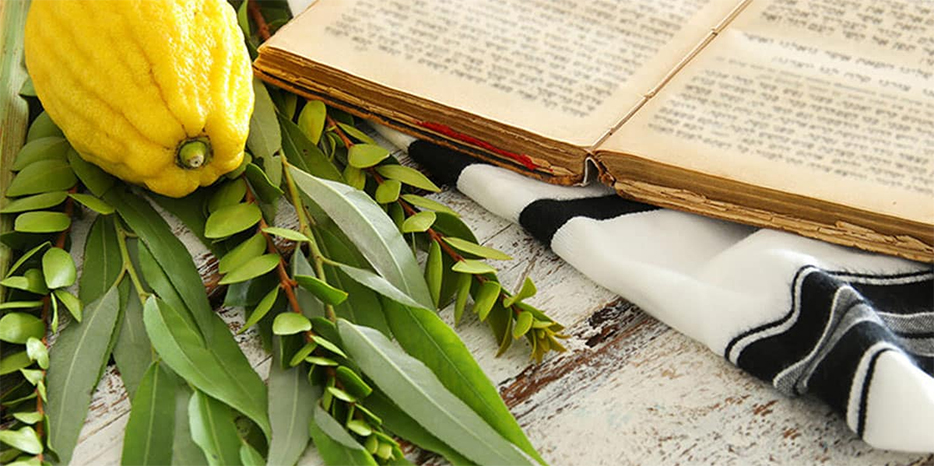The fifth and final day of Chol HaMoed Sukkot has a special name and special significance – Hoshana Rabbah. Jewish tradition even compares it to Yom Kippur.
Jewish tradition attributes a special meaning to this day. It is considered the last of the “Awesome Days” (Yamim Noraim) – the day when the final verdict for each of us is sealed in Heaven (which is why it is customary on this day to express the wish to our relatives and friends: “A good sealing!” or, in Yiddish, a gut kvitl!).
What is the connection between Hoshana Rabbah and the “Awesome Days”? Our sages convey a tradition that this day is a gift that the Almighty gave to our forefather Abraham, saying: “I am the Only One, and you are the only one [in your generation]. I give you a special day on which the sins of all your descendants will be atoned for. If they achieve their atonement on Rosh Hashanah – what could be better! If not – there is still Yom Kippur. If they do not atone for their sins even on Yom Kippur – I give you one more day, Hoshana Rabbah!”
A new question arises: what is the connection between this day and Abraham? The matter is that Abraham belonged to the 21st generation from Adam: ten generations from Adam to Noah, and another ten from Noah to Abraham. Only Abraham, in the 21st generation from Adam, recognized his Creator, began to fight idolatry, and spread faith in the one God throughout the world. In Abraham’s honor, the 21st day of the month of Tishrei, Hoshana Rabbah, is given to his descendants as a final opportunity in the new year to atone for their past sins and open a new page in life.
The Kitzur Shulchan Aruch states: “On the night preceding this day, it is customary to stay awake and engage in Torah study (what and how to study is printed in the Machzorim), because during the festival days the Almighty decrees the amount of rain that will fall that year, and people’s very lives depend on this; and the day of Hoshana Rabbah is the final day of the festival, on which the verdict depends.”
The most visible distinction setting this day apart from all other days of the year is the chibut ha’aravah, the beating of the ground with bundles of willow branches. By custom, everyone should lift special willow branches designated for this purpose on this day, in addition to the willow branches that are part of the “Four Species.” The custom of chibut ha’aravah was instituted by the last of the prophets – Haggai, Zechariah, and Malachi. Since this custom is not mentioned in the Five Books of Moses, we do not recite any blessing over it.
The Kitzur Shulchan Aruch relates about this: “One should not lift these willow branches together with the lulav. Rather, they do as follows: when they reach the passage ‘Answer, O faithful ones…’, they put down the lulav and etrog and take these willow branches, because it is here that we begin to pray for water. After completing the Hoshanot, they wave these willow branches and then beat them against the ground five times, and this is sufficient even if the leaves did not fall off. After beating them on the ground, one should not leave the branches on the ground, so as not to disgrace that which was designated for a mitzvah. And it would be proper to hide them until Passover and then throw them into the fire used for baking matzah, in order to fulfill the principle: an object used for one mitzvah should be used for another mitzvah.”
On this day, the bimah is circled not once, as on the previous days of Chol HaMoed, but seven times, while singing the “Hoshana” prayers. In the Temple, on this day, they would also circle the altar seven times – all the people who came to the Temple participated in this, holding the arba’ah minim in their hands.
On this day, the festive joy is mixed with the mood of the “Awesome Days.” On the night of Hoshana Rabbah, it is customary to gather in synagogues and recite special prayers called “Tikkun Leil Hoshana Rabbah.” The entire book of Deuteronomy and the entire book of Psalms are read.
When the Ark (Aron Kodesh) is opened, the entire congregation enumerates the “Thirteen Attributes of Divine Mercy” and recites the prayer “Master of the Universe” – as on the “Awesome Days.” The echo of the “Awesome Days” is also heard when the cantor takes the Torah scroll: he proclaims: “The Lord is our God, the Lord is One! Our God is great, our Lord is mighty and awesome!”
And the Musaf prayer on this day has a feature that distinguishes it from the other days of Chol HaMoed: In the Kiddush, we say: “With a crown… they shall crown You, O Lord…” – as on Sabbaths and festivals.




